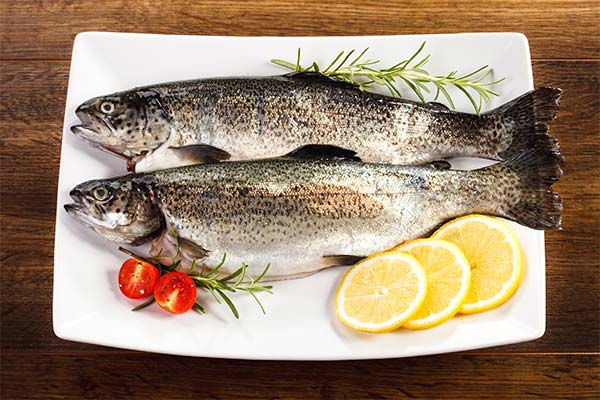
The main provider of protein is abandoned due to fashion trends, medical, moral, ethical, hygienic and religious reasons. The debate between meat eaters and vegetarians about the advantages and disadvantages of the product has been going on for centuries. If you are determined to eliminate meat from your diet, you must provide your body with other sources of protein.
Animal Protein Products
The best substitutes for red meat are fish, seafood, eggs, milk, cheese, lactic acid products containing a range of amino acids, vitamins, micro and macronutrients.
Fish

A protein imbalance can be compensated by fish with a balanced and complete amino acid composition. Salmon, tuna and herring are particularly rich in protein, which is digested 2 to 3 times faster than in meat. It should be noted that most types of fish are inferior in terms of iron assimilation, mineral content and B vitamins.
The basis of fish oil is unsaturated fatty acids that support the functions of the cardiovascular system. To replace meat, preference is given to wild saltwater fish, which are consumed at least twice a week.
Caviar contains a significant amount of protein and other valuable nutrients. But this protein deficiency cannot be fully compensated for by dietary restrictions. This is due to the high salt content and the high caloric content of the product.
Seafood
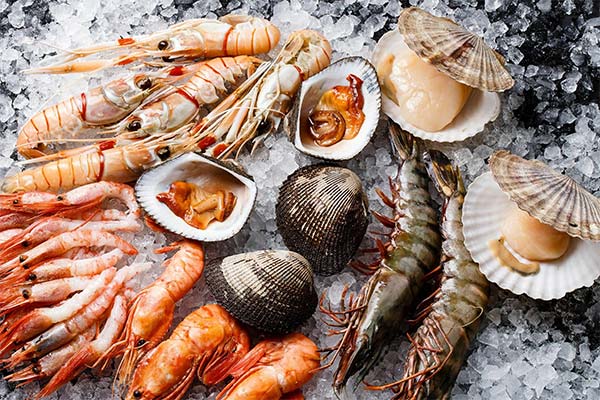
In terms of amino acids, shrimp, trepang, squid and other seafood are more similar to meat. Seafood is rich in B vitamins, tocopherol, potassium, magnesium, copper, phosphorus, and has several times the iodine content of beef and pork.
Nutritionists advise including mussels, crabs, crayfish, which have less cholesterol and more omega-3 fatty acids than squid, lobster.
Eggs
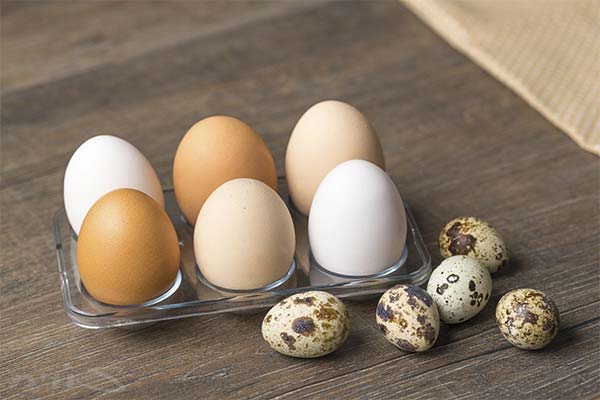
The egg white contains more than half of the existing proteins, 50% of the daily intake of choline, 22% of calciferol, vitamins B6, B12, selenium, iron, zinc. The caloric egg yolk, whose consumption is limited to two eggs per day, contains fat-soluble calciferol, tocopherol and retinol.
Eggs included in the diet protect against ultraviolet radiation, stimulate brain activity, reduce the risk of heart disease and the development of degenerative processes in the eyes.
Dairy products and fermented dairy products
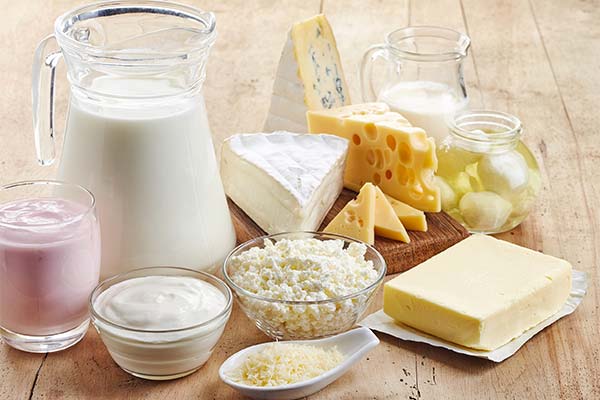
Sufficient protein to replace meat protein in cottage cheese (the lower the fat content, the more amino acids), milk (80% casein), non-fat Greek yogurt.
More protein is found in cheese than in other dairy products. Parmesan (36 g per 100 g of product), Pecorino Romano (32 g), Gruyère (30 g) and Swiss cheese (29 g) are in the lead. Kefir contains the least amount of protein, 3g.
Plant-based alternatives
According to experts, legumes, grains, vegetables, mushrooms, nuts and seeds support the body’s normal vital functions when giving up meat. It is important to diversify the menu as much as possible in order to replenish missing vitamins and minerals.
Legumes
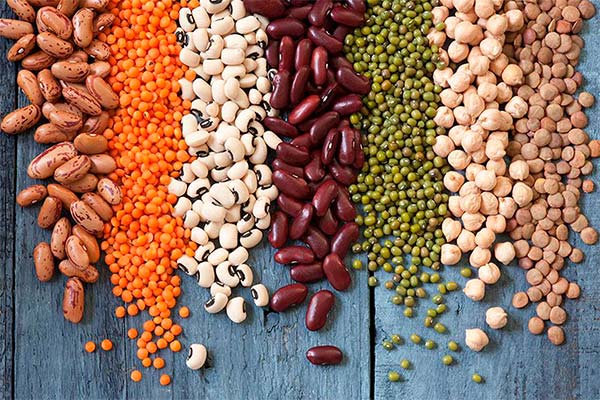
Partial replacement for canned meat:
- Sprouted soybeans, soy meat, milk, tofu;
- red, brown, green and even black lentils;
- green peas;
- red beans;
- chickpeas.
The champion of protein content is soy (36 g per 100 g of product). It is followed by lentils, peas and chickpeas. Peas are the least rich in protein (5 g per 100 g). Legumes have an optimal glycemic index and contain enough fiber to eliminate toxins and breakdown products.
Chefs advise soaking food before cooking, adding pepper, turmeric, ginger for better digestion.
Nuts
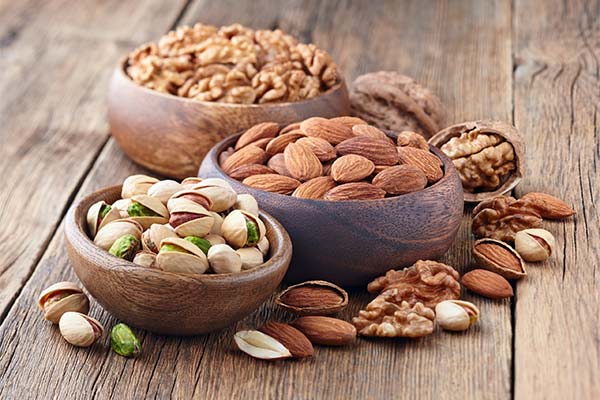
Almonds lead in protein content (18.7 g per 100 g of product). Pistachios, cashews, walnuts, pine nuts and hazelnuts contain slightly less protein. Due to its high caloric content, the alternative product should not be consumed at more than 100 g per day.
For snacking, almonds, pistachios and cashews are more appropriate. Not only are these types richer in protein, but they are also lower in calories. Nuts should not be overlooked. They are rich in omega-3 fatty acids, represented by alpha-linolenic acid.
Mushrooms
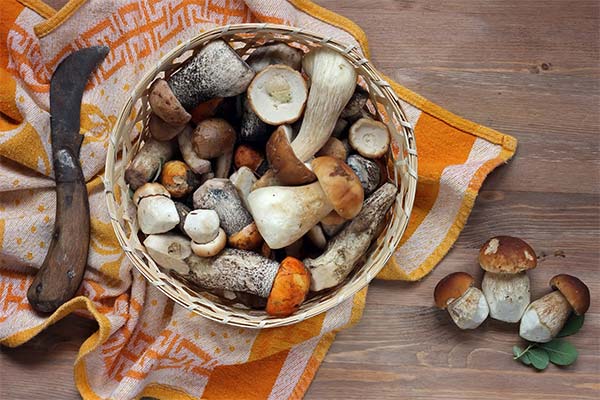
If cooked properly, this low-calorie product can replace meat dishes. In heat-treated mushrooms, protein, which is most abundant in porcini, boletus and button mushrooms, is assimilated at 70%. Dried mushrooms have a higher protein concentration and their digestibility reaches 88%.
In distinction to, the product is rich in antioxidants, potassium, phosphorus, pantothenic acid, beta-glucans, normalizing the metabolism of cholesterol.
Cereals
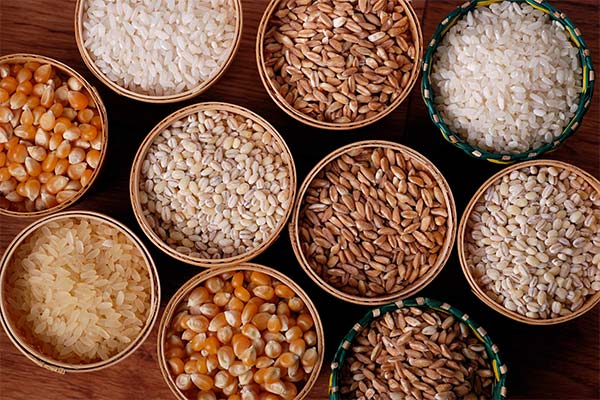
In distinction to to protein, cereals contain significant amounts of magnesium, potassium, iron, complex vitamins and unsaturated fatty acids. Oats, wheat bran (16-17 g per 100 g), durum wheat, buckwheat (13 g), oat flakes (12 g) contain more protein.
Grains are used to prepare side dishes, porridges, stews and pie fillings. They pair well with fresh, stewed vegetables, oils, mushrooms and herbs.
Spirulina
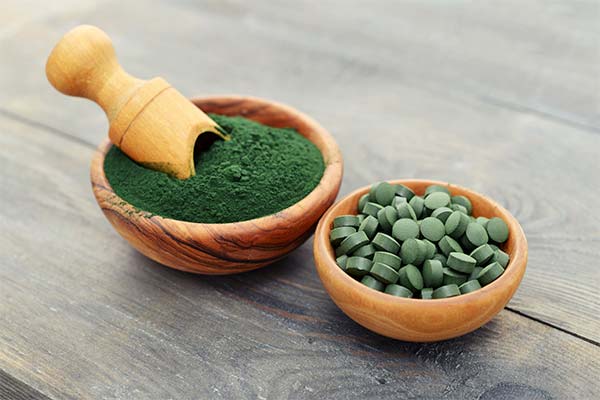
One blue-green filamentous algae in the volume of a teaspoon contains 4 g of protein. There are 65 g of protein per 100 g of product. Spirulina also contains:
- Linolenic (omega-3), linoleic (omega-6), oleic (omega-9) fatty acids.
- Vitamins – B1, B2, B4, B5, B6, B9, C, E, K, PP.
- Minerals – iron, copper, potassium, magnesium.
Algae eliminate dysbacteriosis, prolong youth, stop inflammation, strengthen the body’s immune system.
Berries and fruits
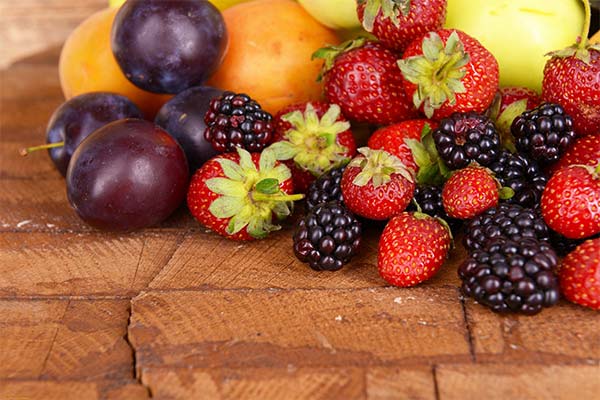
For those with a sweet tooth, it’s healthier to replace sweets with dried fruit. Avocados, bananas, apricots, sultanas, dates, prunes, blackberries and currants make up for some of the protein deficit.
Because of the high concentration of natural sugars, nutritionists advise limiting the consumption of dried fruit to 50 g.
Of all the fruits and berries, the avocado is the healthiest. This fruit reduces cholesterol levels, blood sugar, the risk of cataracts, cardiovascular disease and kidney failure.
Vegetables
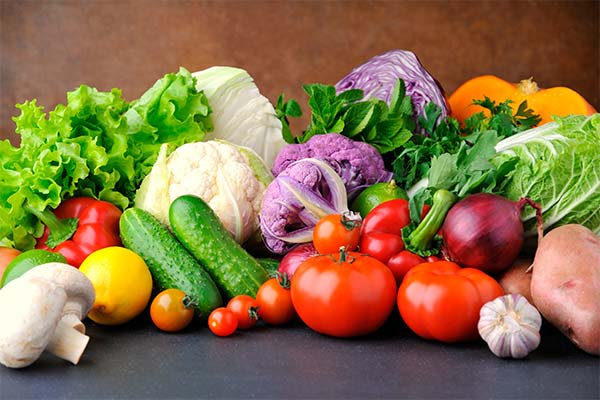
A good way to get a set of essential nutrients is to introduce vegetables into your daily menu. If you consider the amount of protein in 100g of produce, it tops the list:
- brussels sprouts – 3.4 g;
- spinach – 2.9 g ;
- broccoli – 2.8 g ;
- watercress – 2.3 g ;
- asparagus – 2.2 g ;
- potatoes – 2.14 g.
Vegetables rich in antioxidants, dietary fiber, ascorbic acid and minerals are the basis of a healthy diet.
Doctors warn that giving up meat without harming your health is only possible if your diet includes not only plant foods, but also eggs, seafood, fish, milk, cheese and cottage cheese.
Read also:
- Sugar substitutes based on polyatomic alcohols – pros and cons for diabetes
 Sugar substitutes based on polyatomic alcohols are often labeled as the “best” for diabetes – but they can cause stomach upset. Despite this, consumption of such sweeteners in approved doses should be completely safe for human health. The latest generation of multi-atomic alcohol-based sweeteners (xylitol, sorbitol, erythritol, etc.) are frequent ingredients in products labeled acceptable… Read more: Sugar substitutes based on polyatomic alcohols – pros and cons for diabetes
Sugar substitutes based on polyatomic alcohols are often labeled as the “best” for diabetes – but they can cause stomach upset. Despite this, consumption of such sweeteners in approved doses should be completely safe for human health. The latest generation of multi-atomic alcohol-based sweeteners (xylitol, sorbitol, erythritol, etc.) are frequent ingredients in products labeled acceptable… Read more: Sugar substitutes based on polyatomic alcohols – pros and cons for diabetes - What seasonings and spices are added to the soup?
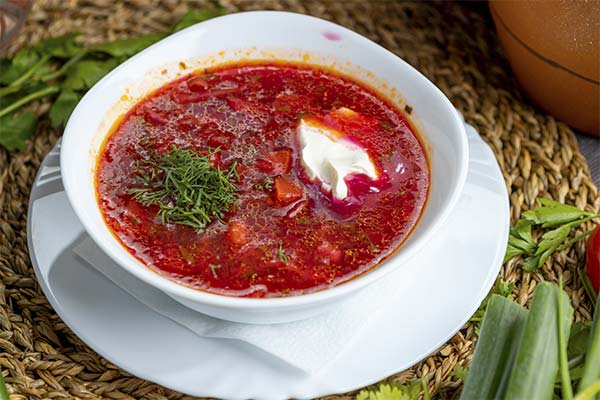 To make the taste of the first dishes more vivid and attractive, housewives add a variety of spices to soups, soups, broths. It is important to take into account their compatibility with the main ingredients, not to deviate from the amount indicated in the recipe. What spices are suitable for soups, borscht The secrets of… Read more: What seasonings and spices are added to the soup?
To make the taste of the first dishes more vivid and attractive, housewives add a variety of spices to soups, soups, broths. It is important to take into account their compatibility with the main ingredients, not to deviate from the amount indicated in the recipe. What spices are suitable for soups, borscht The secrets of… Read more: What seasonings and spices are added to the soup? - Top 30+ Tasty Foods That Can Replace Meat
 The main provider of protein is abandoned due to fashion trends, medical, moral, ethical, hygienic and religious reasons. The debate between meat eaters and vegetarians about the advantages and disadvantages of the product has been going on for centuries. If you are determined to eliminate meat from your diet, you must provide your body with… Read more: Top 30+ Tasty Foods That Can Replace Meat
The main provider of protein is abandoned due to fashion trends, medical, moral, ethical, hygienic and religious reasons. The debate between meat eaters and vegetarians about the advantages and disadvantages of the product has been going on for centuries. If you are determined to eliminate meat from your diet, you must provide your body with… Read more: Top 30+ Tasty Foods That Can Replace Meat - What seasonings and spices are added to ground meat?
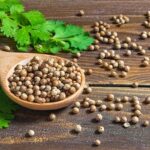 To flavor, enrich the flavor of ground meat for pies, cutlets, dumplings, sausages, stews and many other dishes, spicy herbs and condiments are introduced into the recipe. Each cook and hostess uses both classic spices and original additives common to one national cuisine or another. Traditional spices and seasonings for ground pork The best spices… Read more: What seasonings and spices are added to ground meat?
To flavor, enrich the flavor of ground meat for pies, cutlets, dumplings, sausages, stews and many other dishes, spicy herbs and condiments are introduced into the recipe. Each cook and hostess uses both classic spices and original additives common to one national cuisine or another. Traditional spices and seasonings for ground pork The best spices… Read more: What seasonings and spices are added to ground meat? - Best foods in July: list of seasonal fruits, vegetables and herbs
 As summer progresses, the harvest of fresh vegetables and fruits expands to include more varieties. During July and August, the seasonal menu is at its richest. This is especially true for fruit. Apples and pears begin to ripen, but also peaches, plums, blackberries and others. Seasonal and local food in July Repetition is the mother… Read more: Best foods in July: list of seasonal fruits, vegetables and herbs
As summer progresses, the harvest of fresh vegetables and fruits expands to include more varieties. During July and August, the seasonal menu is at its richest. This is especially true for fruit. Apples and pears begin to ripen, but also peaches, plums, blackberries and others. Seasonal and local food in July Repetition is the mother… Read more: Best foods in July: list of seasonal fruits, vegetables and herbs
The articles on this site are for information purposes only. The site administrators are not responsible for attempting to apply any recipe, advice or diet, nor do they guarantee that the information provided will help or harm you personally. Be cautious and always consult a doctor or nutritionist!
*All products recommended are selected by our editorial team. Some of our articles include affiliate links. If you buy something through one of these links, you help us earn a small commission from the seller and thus support the writing of useful and quality articles.